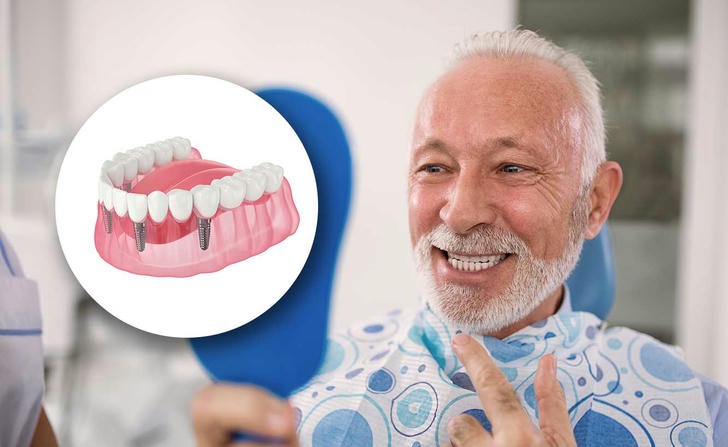Dental Implants for Seniors in the UK: A Comprehensive Guide
Considering dental implants? This article explores dental implants for seniors, how to make the right treatment decisions, how to find the most cost-effective options, and what financial assistance is available.

How Seniors Can Correctly Choose Dental Implants
Selecting the right dental implant treatment involves careful consideration of personal health and lifestyle. For seniors, the following factors are especially important:
Types of Implant Solutions: Options include single implants, implant-supported bridges, or full-arch restorations such as “All-on-4,” a popular choice for seniors seeking a complete set of teeth.
Clinic and Specialist Expertise: Choosing a dental professional with proven experience in implant procedures for older adults reduces risks.
Long-Term Value: While dentures may be cheaper initially, implants often last decades, making them a more reliable long-term solution.
Many dental practices in the UK offer dental implants for people aged 55 and over – would you like to find one in your area?
| Clinic / Practice | Location | Type of Offer / Promotion |
|---|---|---|
| Whites Dental | London | Regular seasonal promotions |
| Harley Street Implant Centre | London | Limited-time discounts, bundle offers for multiple implants |
| Dee Dental | Paisley, Scotland | Whitening with implants (past promotion), limited-time offers |
| Ringway Dental | Greater Manchester | Occasional 3D scans |
| Bespoke Dental & Implant Clinic | Eccles, Manchester | Offers 3D imaging, consultation discounts |
| Dental Implant Group | London | Referral bonuses, multi-tooth treatment discounts |
| Marylebone Implant Centre | London | Loyalty rewards, offers for long-term or full-mouth restoration cases |
Financial Assistance for Seniors’ Dental Implants
NHS Coverage (Limited Cases): The NHS may cover implants only if deemed medically essential, such as after severe facial trauma or cancer treatment.
Private Dental Insurance: Most standard plans do not include implants, but some advanced policies may cover part of the surgical costs or crowns. Seniors should check their policies for implant-related benefits.
Charities and Nonprofit Support: Organisations like Dental Wellness Trust and community dental services occasionally assist vulnerable seniors with essential treatments, though implant funding is limited.
Conclusion
Dental implants offer seniors in the UK a life-changing solution to restore oral health, improve eating habits, and boost confidence. Although the costs can be daunting, informed decision-making—choosing the right treatment, comparing providers, and seeking out financial assistance—can make implants more accessible. For many seniors, dental implants represent not only a medical treatment but also an investment in long-term well-being and quality of life.
